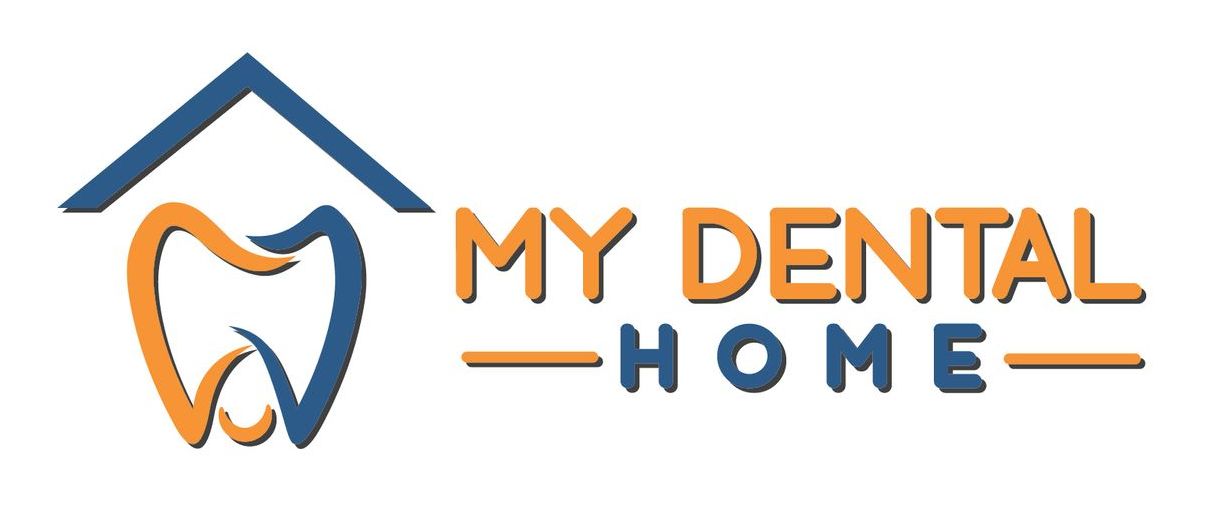The Benefits and Uses of Dental Crowns for Restoring Teeth
This is a subtitle for your new post
Dental crowns serve as a long-lasting and versatile solution to various dental issues, including tooth damage, decay, and cosmetic imperfections. A dental crown is a tooth-shaped prosthetic that encases the entire visible portion of a damaged tooth, effectively protecting it from further harm and restoring its appearance and function.
Dental crowns offer several advantages for those dealing with compromised teeth, from restoring functionality to improving smile aesthetics. By encasing the damaged tooth, a dental crown reinforces the tooth's structure, preventing the need for extraction and preserving the natural tooth as much as possible.
Dental crowns also offer a cosmetic benefit, as they can be made from materials such as porcelain or ceramic that closely resemble the appearance of natural teeth. Additionally, dental crowns can be used to address a wide range of dental issues, making them a versatile and valuable option for improving oral health.
My Dental Home in Swartz Creek, Michigan, specializes in providing high-quality dental crown treatments that cater to your unique needs and preferences. In this article, we will explore the various benefits of dental crowns, the situations in which they are most beneficial, and the process involved in receiving a dental crown.
Key Benefits of Dental Crowns
Dental crowns offer numerous advantages when it comes to preserving and enhancing your oral health:
1. Reinforcing tooth structure: Dental crowns protect damaged teeth by providing an additional layer of support, preserving the natural tooth and preventing potential extraction.
2. Restoring functionality: Dental crowns enable patients to return to normal activities like eating and speaking comfortably, as they restore the function of the damaged tooth.
3. Aesthetic improvement: Dental crowns can be made from materials that closely resemble natural teeth, such as porcelain or ceramic, providing an attractive and natural-looking appearance.
4. Versatility: Crowns can address a wide range of dental issues, making them a valuable treatment option for various situations.
Common Uses for Dental Crowns
Dental crowns can be used in several situations where tooth preservation and restoration are required:
1. Decayed teeth: When tooth decay becomes too extensive for traditional fillings or inlays to repair, a dental crown can effectively cover and protect the remaining tooth structure.
2. Cracked or fractured teeth: Dental crowns can hold together severely fractured or cracked teeth, providing necessary support and preventing extraction.
3. Root canal therapy: After a tooth undergoes root canal therapy, a dental crown is typically placed over the tooth to protect it from further damage and restore function.
4. Large fillings: Fillings that replace a significant portion of the tooth structure may weaken the remaining tooth. A dental crown can provide additional support and protection.
5. Dental bridges: Crowns serve as anchor points for dental bridges, holding the prosthetic teeth in place and improving bite function.
6. Cosmetic enhancement: Dental crowns can address various cosmetic issues, such as discolored or misshapen teeth, providing a more uniform and attractive smile.
Steps Involved in the Dental Crown Process
Receiving a dental crown typically involves the following stages:
1. Consultation: During your initial visit, your dentist will evaluate your dental condition, discuss your goals and preferences, and determine if a dental crown is the right solution for you.
2. Tooth preparation: At a subsequent appointment, the dentist will begin the tooth preparation process, which may include removing decayed areas, reshaping the tooth, or building up the tooth structure to accommodate the dental crown.
3. Impressions and temporary crown: After tooth preparation is complete, your dentist will take impressions of the prepared tooth and create a temporary crown for you to wear while your permanent crown is being fabricated.
4. Fabricating the crown: Dental impressions will be sent to a dental lab, where a skilled technician will craft your custom dental crown using the desired material, such as porcelain or ceramic.
5. Placing the permanent crown: When your permanent crown is ready, typically within one to two weeks, you will return to the dentist's office for final crown placement. During this visit, the dentist will adjust the crown as needed to ensure proper fit and bite and then bond the crown to the prepared tooth using dental cement.
Dental Crown Aftercare and Maintenance
Proper care and maintenance are essential for the longevity of your dental crown:
1. Oral hygiene: Continue to brush and floss your teeth daily, paying special attention to the area where the crown meets the gumline to prevent plaque buildup and gum disease.
2. Regular checkups: Visit your dentist regularly for dental cleanings and checkups, allowing your dentist to monitor the health of your teeth and dental crown.
3. Avoiding hard foods: Although dental crowns are designed to be durable, it's essential to avoid chewing on hard items such as ice or other hard objects, as they may damage the crown.
4. Addressing bruxism: If you grind your teeth (bruxism), discuss protective measures with your dentist, such as a custom night guard, to prevent dental crown damage.
Final Thoughts
Dental crowns provide a versatile and effective solution for protecting and restoring damaged teeth, improving your oral health, and enhancing your smile.
At My Dental Home in Swartz Creek, Michigan, our dental experts are dedicated to providing exceptional dental crown treatments tailored to your unique needs and preferences. If you believe a dental crown may benefit your current situation, contact us to schedule a consultation on our
cosmetic dentistry services and begin the journey toward an improved, healthier smile!
Contact Us
Business Hours
- Monday
- Closed
- Tue, Fri
- -
- Wed - Thu
- -
- Sat - Sun
- Closed
Contact Us
Business Hours
- Monday
- Closed
- Tue, Fri
- -
- Wed - Thu
- -
- Sat - Sun
- Closed
All Rights Reserved | Energize Group

